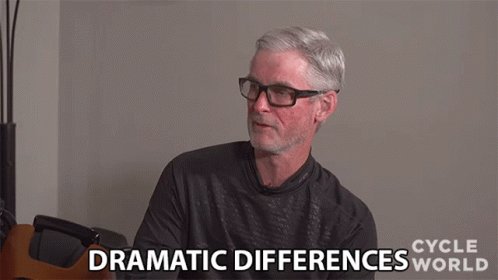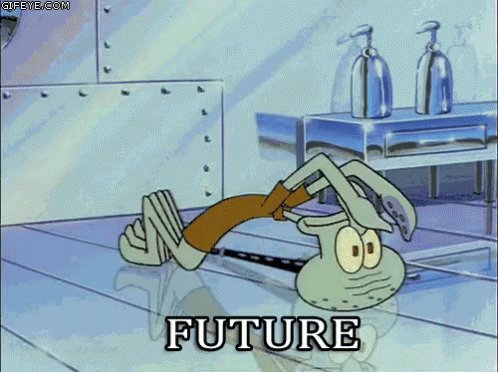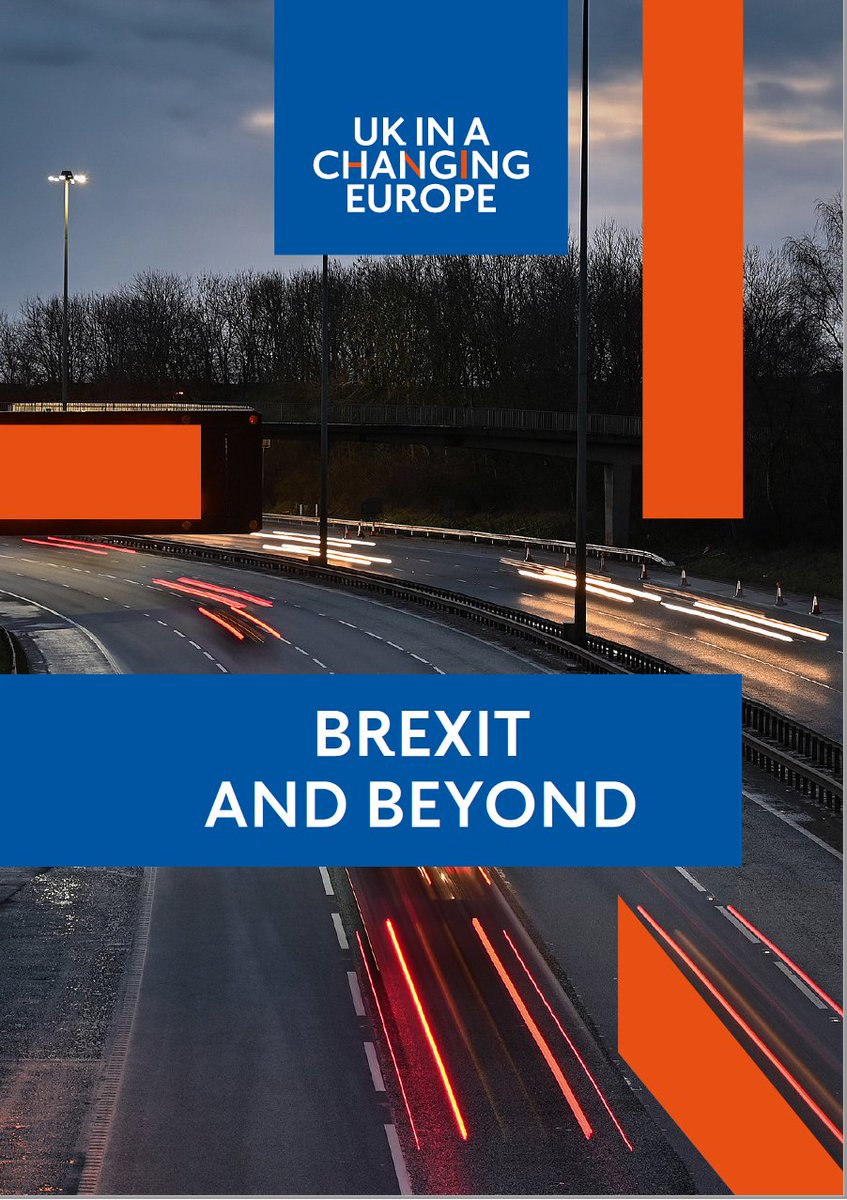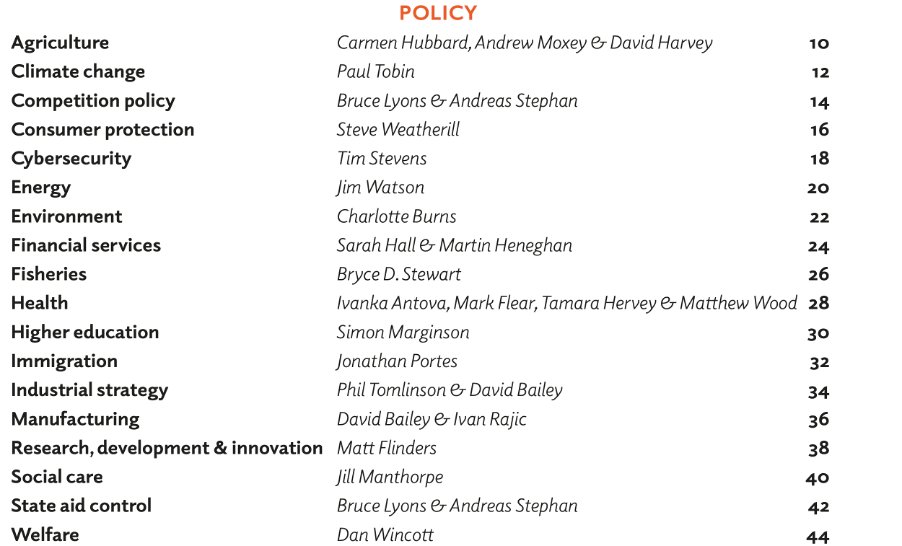But for others, the shift from a distributor model to importer/exporter has been a challenge. This hasn't been helped by certain IT system not working as planned.
1/ Quick thread. At the end of the third week of Brexit being "done", I can only say that I'm exhausted.
Immediate pressures on companies who have been trading goods have been on grappling with all of the new customs and regulatory requirements.

But for others, the shift from a distributor model to importer/exporter has been a challenge. This hasn't been helped by certain IT system not working as planned.
Some are, but many others aren't.
Worth noting that freight volumes are still below average. But stockpiles are running low, coming weeks are going to be interesting.
First, many businesses are facing the largest shift in their cost base in a generation.
This is something that is going to be something that will continue to play and play in the weeks and months ahead.
For many, the answer will be no. So what do they do as a result?

The other (worse) possibility is to stop trading.
https://t.co/IMDCu9g2mK
Supply chains are going to shift as a result and is deeply complex.
But that's just one example
Absolutely not.
One such example: due to the pandemic, business travel isn't happening. All the changes that are coming down the line in the activities which individuals can carry out while in the EU has changed.
More from Brexit
End of week 2 thread on post Brexit food trade
There is continued growing unease. The main picture remains one of depressed/tentative trade (c50% down y-o-y) and some high profile logistics business have taken the rational step to stop and regroup.
The big worry here is that ‘not-trading’becomes a habit. We can’t/won’t carry on at half the volumes of before, but as volumes claw back we may only reach something like 80% of previous volumes and that is a disaster for a food industry already battered by a recession.
Lots of focus has been on the idea of EU businesses stopping serving the UK. Worries about how we feed ourselves has trumped worry about our exporters at every stage. Even though it is the collapse of our export businesses that is (and has always been) the greater threat.
To reassure the mainland British shopper that feels like less of a risk. UK is a large market of wealthy consumers, and UK gov has shown it will do anything (however unfair) to ensure stuff gets in - even letting supermarkets have access to the fast track lane to Dover.
I am not as close to this but it feels like shortage on the shelves is more of a genuine immediate threat for the island of Ireland. The types of innovative solutions we have discussed this week can help but will they come in quick enough?
There is continued growing unease. The main picture remains one of depressed/tentative trade (c50% down y-o-y) and some high profile logistics business have taken the rational step to stop and regroup.
The big worry here is that ‘not-trading’becomes a habit. We can’t/won’t carry on at half the volumes of before, but as volumes claw back we may only reach something like 80% of previous volumes and that is a disaster for a food industry already battered by a recession.
Lots of focus has been on the idea of EU businesses stopping serving the UK. Worries about how we feed ourselves has trumped worry about our exporters at every stage. Even though it is the collapse of our export businesses that is (and has always been) the greater threat.
To reassure the mainland British shopper that feels like less of a risk. UK is a large market of wealthy consumers, and UK gov has shown it will do anything (however unfair) to ensure stuff gets in - even letting supermarkets have access to the fast track lane to Dover.
NEW. \U0001f6a8\U0001f6a8\U0001f69b\U0001f1ec\U0001f1e7\U0001f644\U0001f69b\U0001f69a\U0001f6a8\U0001f6a8 clear signs govt is preparing for coming #brexit turbulence - consulting on new fast-track scheme for food lorries returning to Europe /1
— Peter Foster (@pmdfoster) January 13, 2021
https://t.co/QqDKxBUu3f
I am not as close to this but it feels like shortage on the shelves is more of a genuine immediate threat for the island of Ireland. The types of innovative solutions we have discussed this week can help but will they come in quick enough?



























